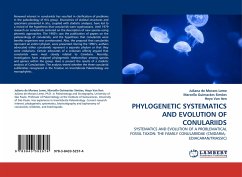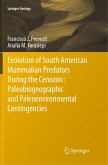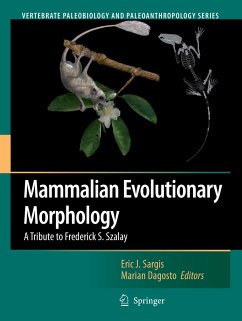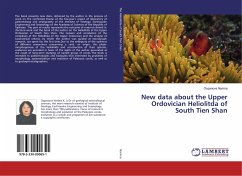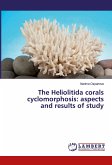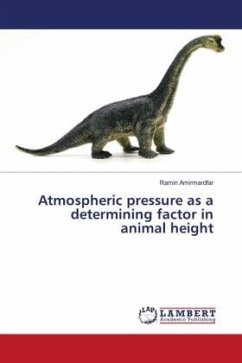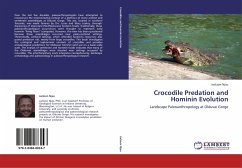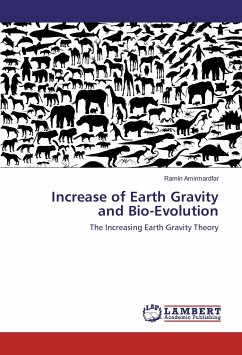Renewed interest in conulariids has resulted in clarification of problems in the paleobiology of this group. Discoveries of skeletal structures and specimens preserved in situ, coupled with cladistic analyses, have led to a revival of the hypothesis that conulariids were scyphozoans. Until 1979 research on conulariids centered on the description of new species using phenetic approaches. The 1980's saw the publication of papers on the paleoecology of conulariids, and the hypothesis that conulariids were benthic organisms was corroborated. Also, the proposal that conulariids represent an extinct phylum, were presented. During the 1990's, authors advocated either conulariids represent a separate phylum or that they were cnidarians. Certain advocates of a cnidarian affinity argued that conulariids were most closely related to Canidaria. Recently, investigators have analyzed phylogenetic relationships among species and genera within the group. Here is present the results of a cladistic analysis of Conulariidae. The analysis tested whether the three conulariid subfamilies recognized in the Treatise on Invertebrate Paleontology are monophyletic.
Bitte wählen Sie Ihr Anliegen aus.
Rechnungen
Retourenschein anfordern
Bestellstatus
Storno

